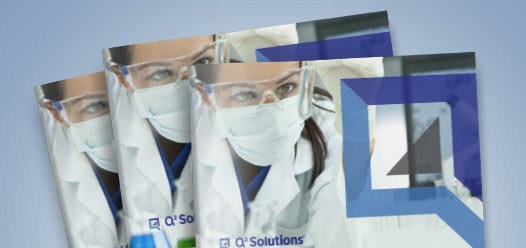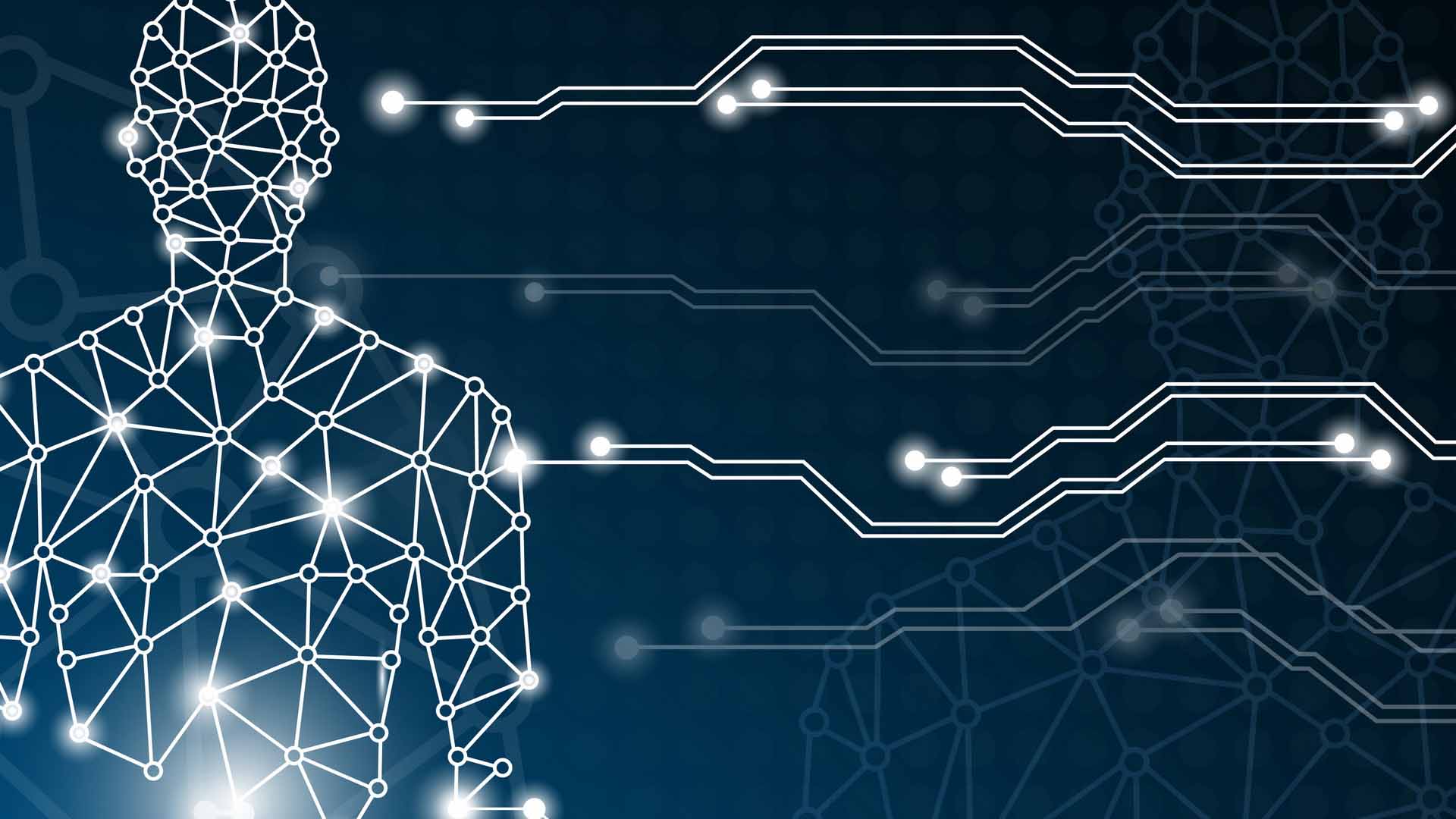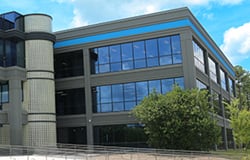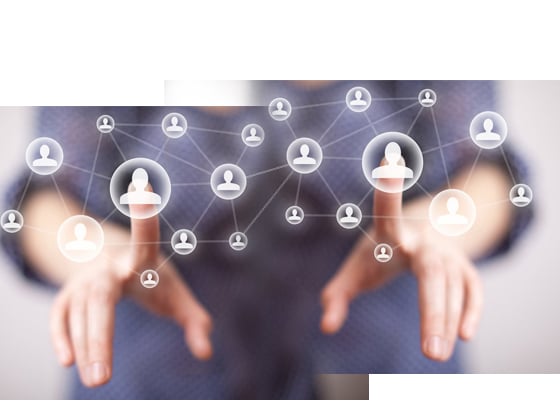Blog
Biospecimen and consent management
Would you place your full trust in a healthcare provider that kept your medical records in spreadsheets or paper files? Not likely. But every day, one of our most valued business assets – biospecimen and related patient consent data – is placed into systems that are just as primitive.
In the era of “big data” and deep analysis, why do companies continue to manage this critical data in spreadsheets, rudimentary tracking tools and isolated laboratory information management systems (LIMS)?
When it comes to managing biospecimens and associated patient consent, there is a tendency to be short-sighted. The focus is on using "Band-Aids" to get through the current study, at the risk of lost productivity and increased regulatory risks. Without a systemic approach to track biosamples and consent across the entire ecosystem for both in-study and future-use purposes, we’re unable to focus on realizing more business value through more efficient studies and more usable samples.
The Business Costs of Poorly Managed Sample and Consent Data
Companies may have multiple sample-tracking systems, designed to meet the needs of different departments. But they’re seldom designed to communicate internally, let alone interface with third party systems. The current and future costs of maintaining separate solutions are enormous:
- Sample data may be stored in databases, spreadsheets or even on paper, with inconsistent metadata, making it difficult or impossible to analyze sample data across disparate studies.
- The lack of real-time tracking of central lab, third party lab, courier, and electronic data capture (EDC) data can lead to unexpected surprises such as missing samples, missing information, and slow reconciliation of data between data sources. The result can be delayed database lock and expensive study delays.
- Specimens collected for one study may not even be cleared for future use, because the consent status may be vague, too narrow, or too hard to reconcile in real-time across collection conditions and regulations in effect.
Current LIMS technologies are designed to manage lab data for a given facility, but they do not provide robust solutions for the management of end-to-end clinical trial samples and consent:
- LIMS do not enable transparent tracking and management of data and consents across a diverse ecosystem of sponsors, CROs, sites, vendors, testing labs, and biorepositories.
- These systems are typically designed for capturing data and processes rather than supporting the powerful analytics that provide operational and scientific intelligence.
- The relevant study, regional, local, and individual consent parameters are not captured, making it difficult to determine the allowable use of samples.
- Without proper integration tools in place, it’s difficult to standardize and make sense of data across multiple LIMS and other eClinical systems.
The track record for trying to force-fit LIMS into this ecosystem is poor, compared with purpose-built solutions.
The Future of Comprehensive Clinical Trial Sample Management is Here
Solutions are needed now to drive efficiency in complex trial execution and to fully realize investments in sample collection, tracking and storage. The dominance of precision medicine and genomics in clinical trials means that data once thought irrelevant may now be keys to a cure. We’re constantly discovering new ways to look at data. Regulatory requirements increasingly leave no room for error in biosample handling and use.
Samples are no longer a limited-use business asset, to be discarded or stored and forgotten after one use. There is immense clinical and business value in every sample, and we need to manage sample data just as we manage any business asset. We need to identify it, track it, store it consistently and electronically, and make it easy to analyze. In short, we need to move sample data up the value chain to deliver better clinical results.
With a comprehensive biospecimen and content management system, we can better execute today’s studies and streamline compliance, while maximizing the future value of each sample and potentially guiding the focus of future studies.
Imagine a world where you can move beyond today’s challenges and build a stronger foundation for future studies:
- The entire company, from clinical development to translational research, has instant access to all data associated with all specimens. Data can be analyzed across studies and across organizations.
- The sample and consent management system is transparent, allowing all sponsor and vendor partners to bring their specialized expertise and collaborate more effectively, while maintaining role-based access control.
- Samples can be tracked individually in near real time, with rapid resolution of sample-related issues before they age.
- Standardized metadata and vocabularies can be used, so that data can potentially be useful to any study.
- Consent forms are strategically standardized and written to give you maximum flexibility in specimen usage, and allowable-use specifications for samples are readily available, so you know what biospecimens you can use and where.
- The system is vendor-agnostic, so partners can be chosen solely on the basis of expertise and capability.
- Scalability means that studies can be added and expanded easily and automatically, without manual integration.
Like any business asset, biosample data needs to be managed by a secure, enterprise-grade system, with role-based access, compliance, standardization, redundancy, traceability, backup, and scalability. The system needs to enforce the relational integrity of data entities from multiple eClinical sources. Basic tracking tools and LIMS simply aren’t up to the job.
Where Do We Start?
We have to realize that the problems will never be solved with a short-sighted, ad hoc approach. Continued investment in isolated technology solutions without an enterprise view will simply compound the problem. The industry needs a purpose-built, enterprise-grade solution that leverages what’s in place and scales up for a rapidly growing and changing environment.
BioFortis – a Q2 Solutions Company - is the first technology company to support biospecimen tracking from a full lifecycle perspective in a distributed ecosystem of clinical trial sponsors, sites, labs, vendors, and biobanks.
The customers we are working with are already several years ahead of the industry, moving into a future of practical data management for biospecimen and consent data. It has been truly amazing to see the progress we have made together in such a short time and we see enormous potential to maximize the value of biosample data.
Related Services & Solutions
Related Thought Leaders Insights
AI in Pathology: Advancements, Challenges, and the Road Ahead
In this episode Dr. Monika Lamba Saini and Bruno Larvol of “LARVOL & Friends” discuss the role of artificial intelligence (AI) in pathology and its potential impact on healthcare. They delve into...
Your clinical trial sample tracking solution — enhanced
Subject samples are the lifeblood of your clinical trials. To be successful, you need a unique solution that can track samples through their full lifecycles — across the ecosystem of sites, labs,...
State-of-the-art Clinical Laboratory Services
Recently expanded to nearly 165,000-square-feet, our state-of-the-art laboratory is equipped with a broad spectrum of enhanced scientific solutions for genomics, flow cytometry, translational science...









